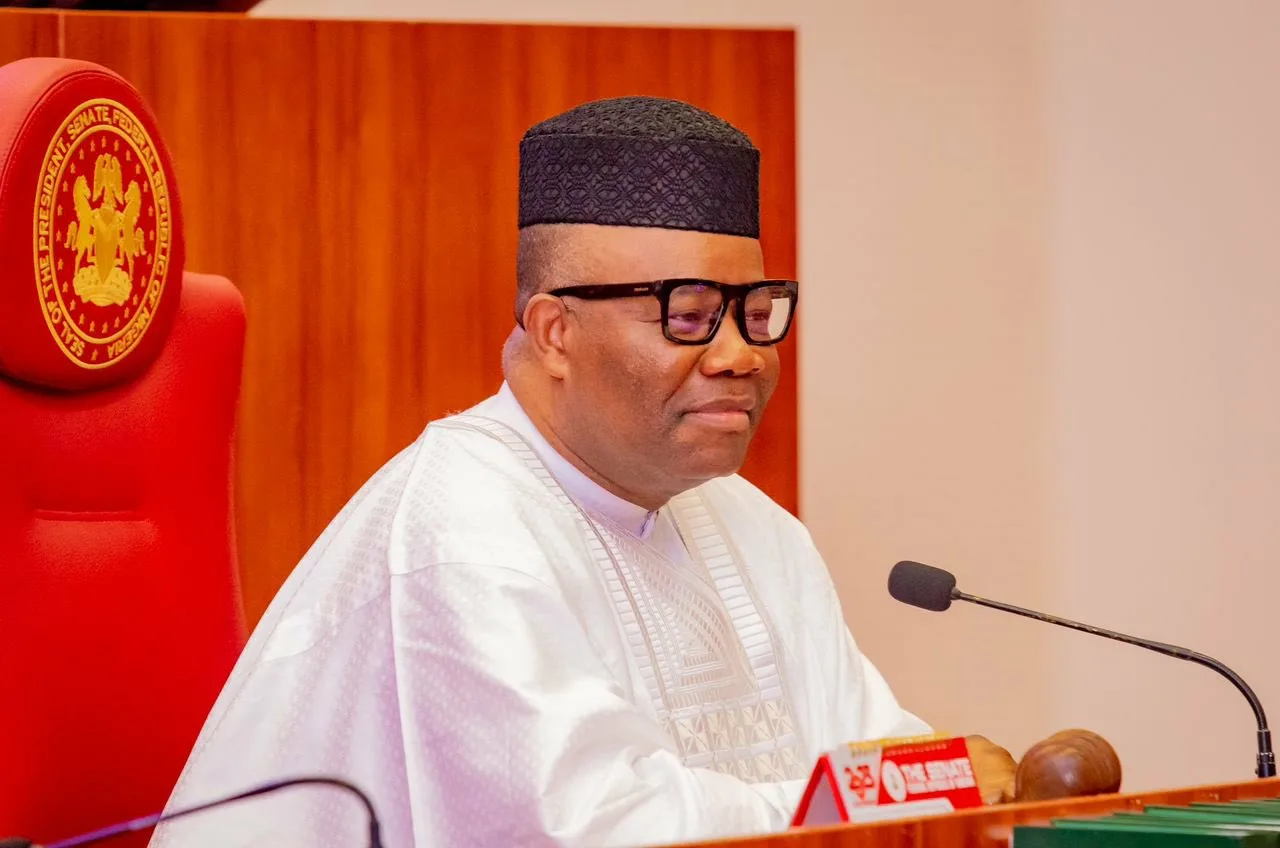SONALA OLUMHENSE FROM PUNCH
Leaders of the world’s police forces came together in San Diego, California, last week.
It was the 130th anniversary of the International Association of Chiefs of Police, and 18,000 men and women who fit into police uniforms for a career converged in the Pacific Coast city.
I was glad to learn that Nigeria’s current police boss, acting Inspector-General of Police Kayode Egbetokun, a man whose vision and courage I recently praised in this column, led the Nigerian delegation.
Curiously, Nigeria sent one of the largest foreign delegations to this year’s IACP: about 36 strong, I learned. That suggests a distressing financial tab for Nigeria at a time of severe economic problems. Keep in mind that those officers would have travelled First or Business Class, which this October would have been about $10,000 and $20,000 respectively per ticket, according to Google Flights. And that is just the tickets.
It is at once comforting and distressing to learn that the Bureau of International Narcotics and Law Enforcement Affairs of the US Department of State sponsored Nigerian participants, among others, to San Diego. But while that sponsorship may have included hotels and expenses, the Nigerian government would still have had to pay heavy travel allowances, alias estacode.
On the website of the Nigeria Police last week, I could find no mention of the conference, despite police spokesman Olumuyiwa Adejobi being present. The Economic and Financial Crimes Commission, which sent officers, did not acknowledge its presence either, let alone any contributions they may have made. Swift Reporters appeared to be the publication the Nigeria Police wanted to be mentioned in.
Previewing the conference, Mr. Adejobi had declared its theme, ‘The Real Advantage’, as providing “an invaluable platform for police leaders and professionals around the world to engage with contemporary law enforcement issues of global significance.”
He said the conference would encompass a broad spectrum of discussions and workshops on such subjects as transnational fraud, officer safety, and wellness, use of force, innovative investigative techniques related to firearms, community and public safety, and cybercrime.
Adejobi further said that those concerns aligned with IGP Egbetokun’s “commitment to achieving professional competence, rule of law compliance, and people-friendly policing services,” and that the knowledge and insights gained would be “instrumental in advancing the IGP’s mission to maintain law and order and ensure the safety and well-being of all Nigerians.”
Those lofty hopes were being expressed at a time in mid-October, a time that Nigerians will always remember, and be reminded of the massacre of young citizens in a public protest in 2020, the most brutal incident of official repression and cover-up in the country’s history.
The Doris Okuwobi judicial panel of the Lagos State Government, in its 2021 report, confirmed that despite government denials, there had indeed been a massacre by soldiers who “shot, injured and killed unarmed, helpless and defenceless protesters.”
It further stated that the police officers who were deployed to the tollgate aided in the massacre because they “shot at, assaulted and battered unarmed protesters, which led to injuries and deaths.”
In effect, on the night of October 10, 2020, the Nigeria police openly mowed down young Nigerians in a peaceful protest about being brutalised by the police.


